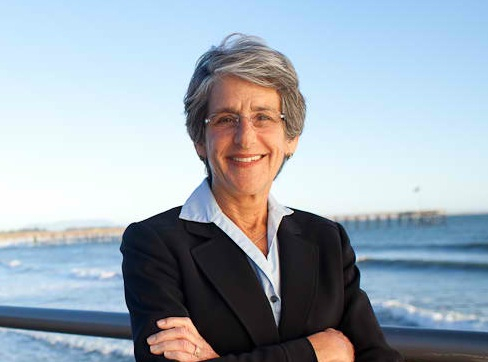
A groundbreaking decision was made for California on Oct. 6, one that leads the way to resolving a controversial issue that is pertinent across the nation.
On Oct. 5, Gov. Jerry Brown signed a bill promoting the California Fair Pay Act, which requires equal pay between men and women for substantially similar work at various organizations within the state.
Previous laws that required equal pay for men and women with the same job titles are broadened by this act’s requirement of equal pay for equal work despite different titles or work sites. It also extends the grounds on which employees can challenge possible discrimination by employers.
“Sixty-six years after passage of the California Equal Pay Act, many women still earn less money than men doing the same or similar work,” said Brown.
The California Fair Pay Act was brought about by Sen. Hannah-Beth Jackson after she discovered gender wage statistics for our state. A 2015 U.S Census Bureau report showed that working women are paid 84 cents for every dollar made by working men in California.
“Equal pay isn’t just the right thing for women, it’s the right thing for our economy and for California,” said Sen. Jackson in a statement.
Although California has made substantial progress toward equal rights between specifically men and women, there are still further changes to be made. The LA Times stated that Congress has not yet approved their own act advancing fair pay due to the delay caused by members of the Republican party.
Sophomore Cate Armstrong is satisfied with the contemporary act, yet remains hopeful for greater changes in the future.
“I think it’s incredible news to hear that men and women finally have equal pay in California because it’s so long overdue,” said Armstrong. “As difficult as it might be, I do have hope that this act can be passed in Congress in the future.”
Some students are happy with the new act encompassing working men and women, but also anticipate the acceptance of workers who don’t identify as male or female.
“In my experience, most people do not want to work with trans and [gender queer] people. You can’t get equal or unequal pay from jobs that aren’t there. Many people do not want to acknowledge us, and because of that I think the slogan ‘equal pay between men and women’ is not inclusive,” said sophomore Ogden Asmar, who identifies as genderfluid.
Carlmont students have an overall positive attitude toward the newly signed bill, but there are still more advancements to be made both in California and nationwide.
In a statement, actress Geena Davis said, “On behalf of the more than 19 million girls who call California home, I thank Governor Brown and the courageous members of the California legislature for showing that true progress to close the gender wage gap is possible.”

